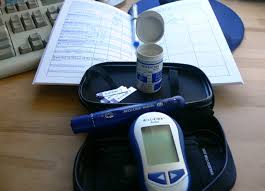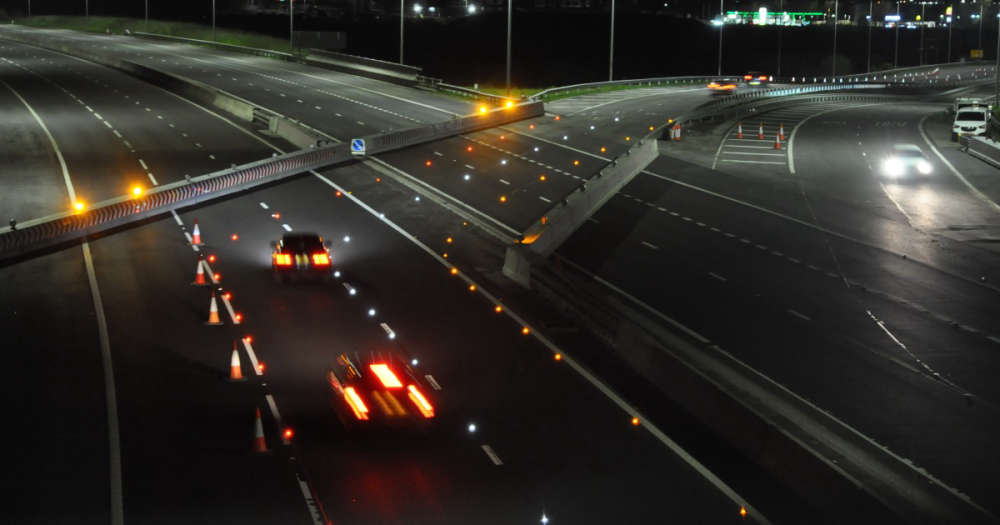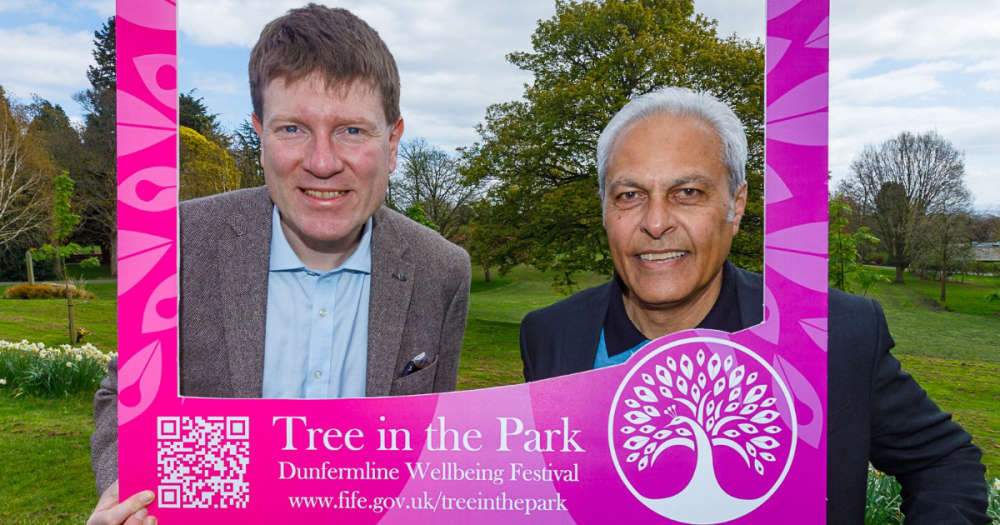
Diabetes Scotland reports on the 'Age of Diabetes'
Diabetes Scotland are calling on the Government to do more.
Today the charity publish their annual State of the Nation report, which this year highlights the inequality in care between health boards.
The charity's 'Age of Diabetes' data shows NHS Scotland spend almost £1 billion annually on diabetes and around 80% of this is on treating avoidable conditions.
There are nine essential checks which should be administered but there are local authorities which are falling below the average and the charity want the Scottish Government, NHS and sufferers to address this.
Jane-Claire Judson, National Director of Diabetes Scotland, said:
"It is indefensible that people living with diabetes are subjected to such disparities of care across Scotland. Whether you live in Orkney or Forth Valley should have no bearing on the level of care a person receives but what we are seeing are significant differences in the percentage of people receiving each of the nine essential care processes dependent on the Health Board area in which they live. There are Health Boards such as NHS Lanarkshire and NHS Greater Glasgow & Clyde which are consistently falling below the average for Scotland with regards to care process completion and achievement rates.
We must focus on improving diabetes care for all, reducing avoidable complications, and supporting people to live well with the condition which should include offering a range of appropriate education opportunities. If action is not taken now, the longer-term costs will be severe to people living with the condition, NHS Scotland and wider society.
Healthcare in Scotland is grounded on the premise that there is equitable access for all. The evidence presented from Scottish Government’s own figures is indicating that this is not the case for people with diabetes. Across the country people with Type 1 diabetes are routinely receiving poorer care than those who have Type 2 diabetes. Additionally, if you have diabetes and live in an area of multi-deprivation, you are also more likely to receive poorer care and outcomes.
We know that frontline healthcare professionals are dedicated to delivering the best care for their patients. What we need to see now is a Scotland-wide revolution in the provision of person-centred diabetes care with healthcare professionals working in partnership with the person with diabetes to agree goals, identify support needs, develop a care plan and monitor progress. Engaging with and empowering people in this way has been proven to motivate positive change. We hope that Healthier Scotland’s National Conversation launched by Cabinet Secretary for Health, Wellbeing and Sport, Shona Robison, will provide an opportunity for developing and implementing these progressive ideas.
We have been talking for years about diabetes being the nation’s fastest growing health threat but we have to acknowledge that it is no longer a potential threat but a reality for a considerable proportion of the population. There are over 276,000 people living with the condition in Scotland and one in five are at an increased risk of developing Type 2 diabetes. We are now living in the Age of Diabetes and we must make a concerted effort to ensure that we have no regrets when we look back at how we have dealt with this period of our history.
We have the knowledge and skill to enable us to do better and deliver the essential care which every person living with diabetes requires. In certain areas we have already made improvements in provision of care but we must use the collective expertise of Scottish Government, NHS Scotland and people within the diabetes community to help determine a positive future for all people in Scotland affected by the condition."


 Closures on A92 from TONIGHT for roadworks
Closures on A92 from TONIGHT for roadworks
 Queensferry Crossing diversion trial a success
Queensferry Crossing diversion trial a success
 ‘Tree in the Park’ festival promotes wellbeing in Dunfermline
‘Tree in the Park’ festival promotes wellbeing in Dunfermline
 11°C
11°C
 14°C
14°C